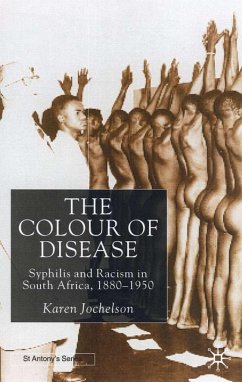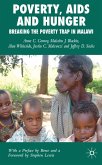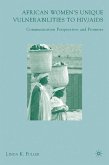Today AIDS dominates the headlines. A century ago it was fears of syphilis epidemics. This book looks at how the spread of syphilis was linked to socio-economic transformation land dispossession, migrancy and urbanisation disrupted social networks - factors similarly important in the AIDS crisis. Medical explanations of syphilis and state medical policy, however, were shaped by contemporary beliefs about race. Doctors drew on ideas from social Darwinism, eugenics, and social anthropology to explain the incidence of syphilis among poor whites and Africans, especially women, and to help define 'normal' and abnormal sexual behaviour for racial groups.
'This is an innovative study in social and medical history. Following Randall Packard's book on tuberculosis, it is a pioneering analysis of a single disease and its ramification in the country's history. Understanding both the incidence, and treatment, of syphilis in South Africa demands attention to migrant labour, the development of medical services, prostitution and racial ideas. The approach adopted is also an excellent foundation for an analysis of the contemporary epidemic of AIDS which threatens to ravage the sub-continent. The final chapter makes such linkages explicit.' - William Beinart, Professor of Race Relations, University of Oxford








